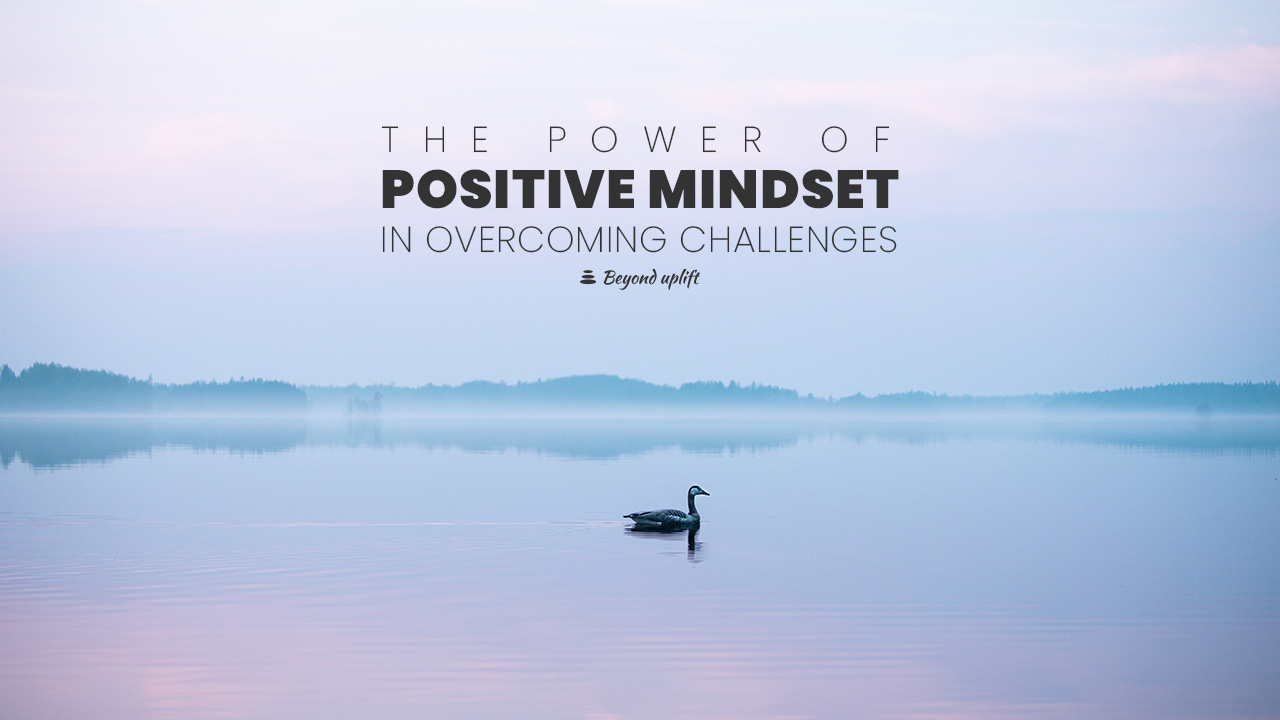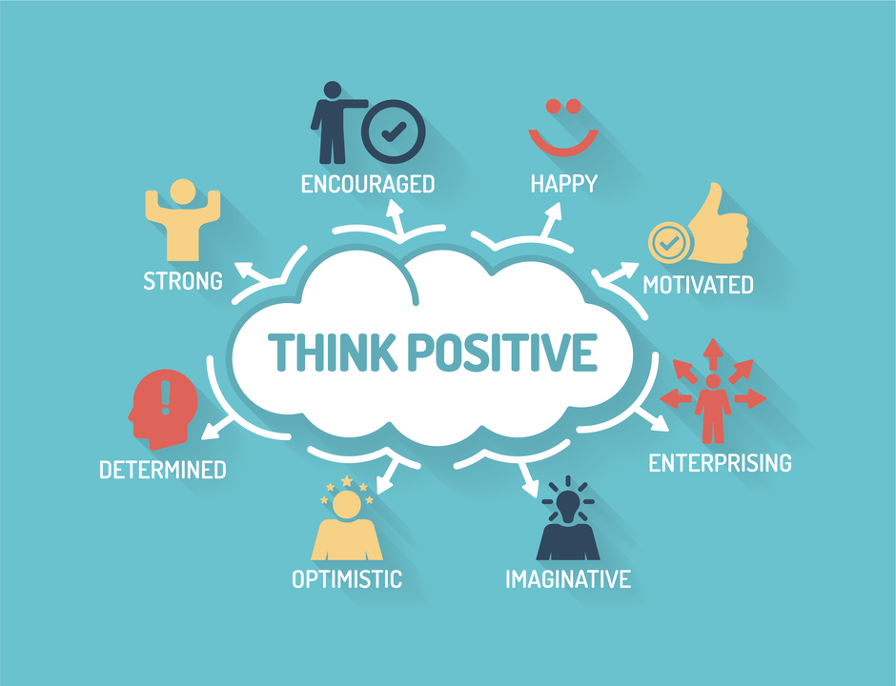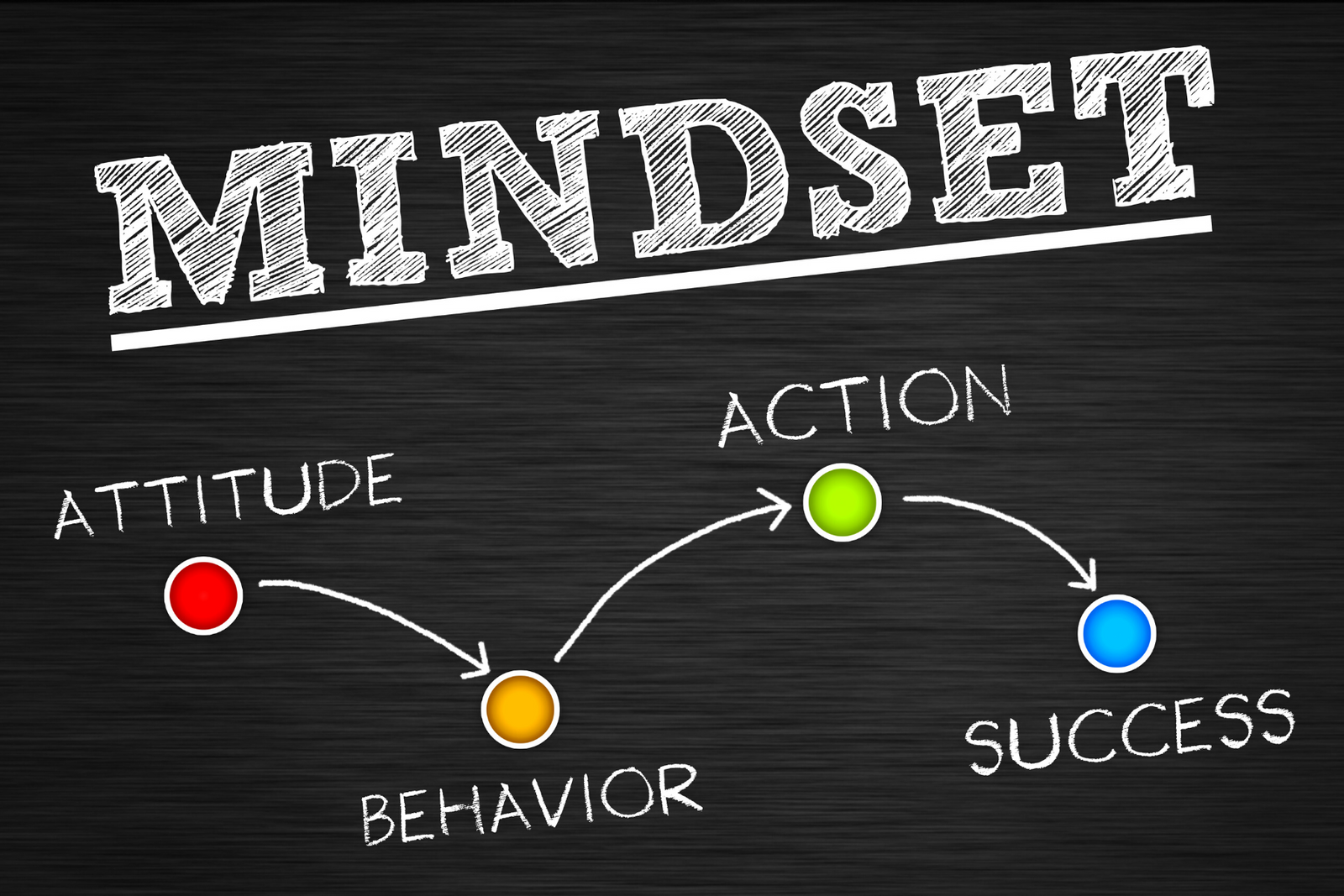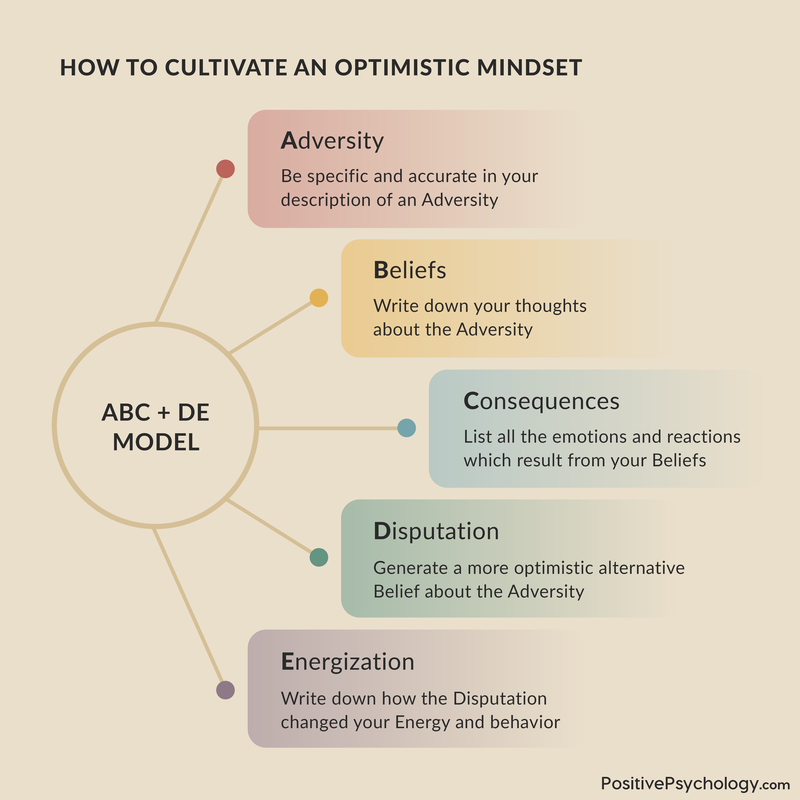How Does Having A Positive Mindset Help Overcome Challenges

Imagine standing at the foot of a towering mountain, its peak shrouded in mist, the path ahead obscured by dense foliage. A shiver of apprehension runs down your spine. Now, picture approaching that same mountain with a sense of excitement, viewing the climb not as an insurmountable obstacle, but as an exhilarating opportunity to test your limits and discover breathtaking views. The difference? A positive mindset.
At its core, a positive mindset isn't about ignoring challenges or pretending they don't exist. It's about approaching adversity with optimism, resilience, and a belief in your ability to overcome obstacles. This article explores how cultivating a positive outlook can significantly impact your ability to navigate life's inevitable hurdles, drawing on research and real-world examples to illustrate its profound effects.
The Science Behind Optimism
Research consistently demonstrates the power of positive thinking. Studies in the Journal of Personality and Social Psychology, for instance, have linked optimism to better physical health, including a stronger immune system and increased longevity. It also reduces the levels of stress hormones like cortisol, fostering a sense of calm and control in the face of adversity.
Furthermore, a positive mindset can actually rewire the brain. When we focus on positive thoughts and experiences, we strengthen neural pathways associated with happiness and resilience. This, in turn, makes it easier to access those positive emotions when faced with difficult situations. This is the essence of cognitive restructuring, a powerful technique used in cognitive behavioral therapy (CBT).
Reframing Challenges as Opportunities
One of the key components of a positive mindset is the ability to reframe challenges. Instead of viewing setbacks as failures, individuals with a positive outlook tend to see them as learning experiences. This perspective allows them to extract valuable lessons and adapt their strategies for future endeavors.
Dr. Carol Dweck, a renowned psychologist at Stanford University, has extensively studied the concept of a growth mindset, which is closely related to positive thinking. Dr. Dweck's research shows that individuals with a growth mindset believe that their abilities and intelligence can be developed through dedication and hard work, leading them to embrace challenges and persist in the face of setbacks.
Real-World Examples
The impact of a positive mindset can be observed in countless real-world scenarios. Consider entrepreneurs who face countless rejections before finally achieving success. Their ability to maintain a positive attitude, learn from their mistakes, and persevere despite adversity is often a key factor in their ultimate triumph.
Similarly, athletes who experience injuries often rely on a positive mindset to fuel their recovery. By focusing on their rehabilitation goals and visualizing their return to the sport, they can maintain motivation and overcome the physical and mental challenges associated with the recovery process.
"It's not the load that breaks you down, it's the way you carry it."This quote from Lou Holtz perfectly encapsulates the essence of a positive approach.
Cultivating a Positive Mindset
The good news is that a positive mindset can be cultivated. It's not an innate trait, but rather a skill that can be developed through conscious effort. Practices like gratitude journaling, mindfulness meditation, and surrounding yourself with positive influences can help to shift your perspective and foster a more optimistic outlook.
Setting realistic goals and celebrating small victories can also contribute to a positive self-image and a sense of accomplishment. It is crucial to remember that progress, not perfection, is the ultimate aim.
Ultimately, cultivating a positive mindset is an investment in your overall well-being. It equips you with the resilience, optimism, and self-belief needed to navigate life's challenges with grace and determination. By embracing a positive outlook, you not only improve your own life but also inspire those around you to do the same.


















